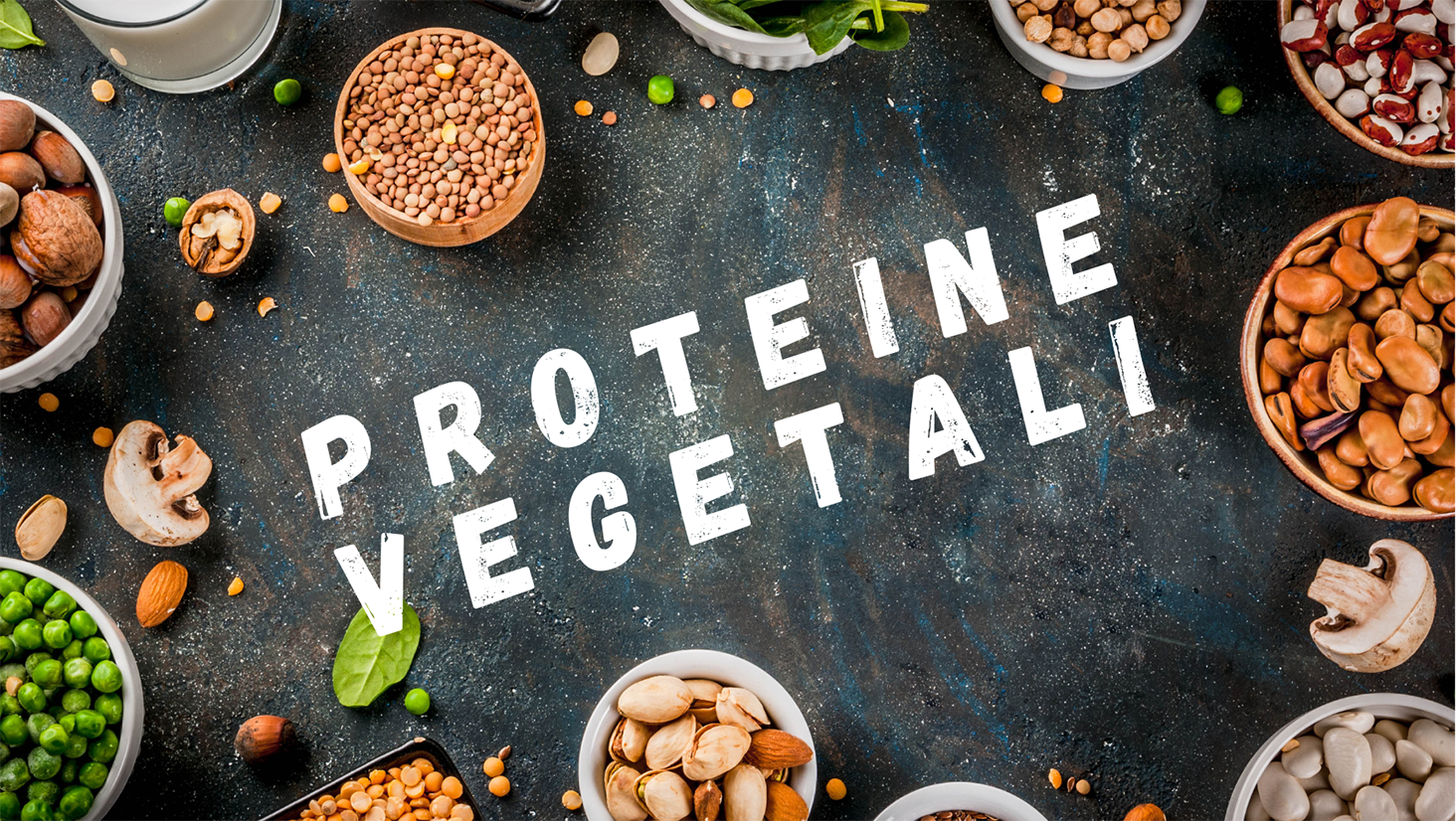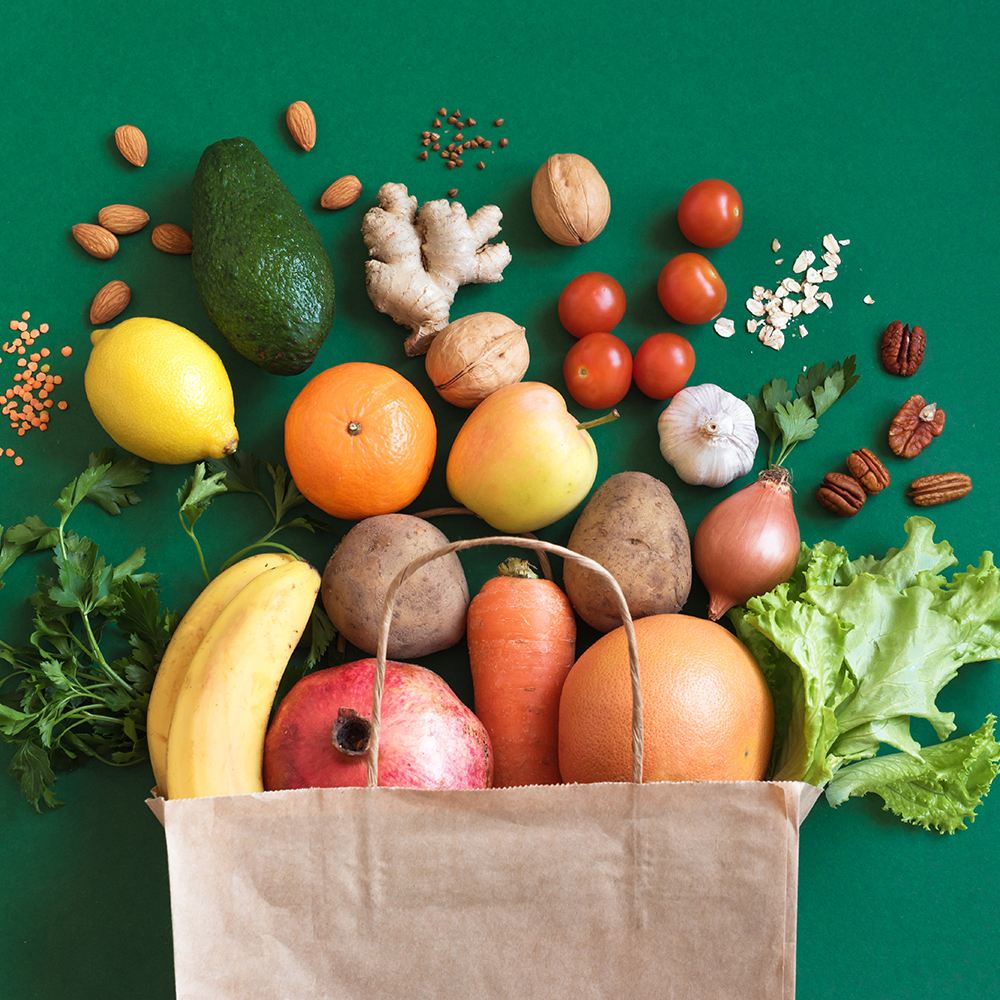
The positive trend for the vegetable protein market, now an increasingly established reality in the food field, continues. This was found by Eurispes, Italy’s leading research institute, in its article published on Feb. 27, ’23:
Plant proteins increasingly represent an alternative to animal proteins. This is not only because of changing consumer awareness of vegetarianism and animal welfare, but also because of the newfound foods that manage to date to very effectively replicate the benefits and nutritional intake of animal-derived proteins. According to Bva-Doxa, there are now 22 million Italian consumers who choose vegetable proteins, and not just for the curiosity of tasting them once: in fact, 54 percent repurchase them, 21 percent habitually and 33 percent occasionally. Data provided by Unionfood offer insight into consumers’ favorite products. Plant-based protein burgers, cutlets, meatballs, and nuggets are preferred by 57 percent of respondents; 47 percent buy soy, rice, oat, almond, and coconut beverages instead; followed by ice cream and desserts (25 percent of the total), while cookies (22 percent) are preferred mostly by those under 35. In short, “plant-based” products do not represent a passing fad but rather a gradual but convinced change in consumers’ eating habits, considering that 54 percent of those who taste them then become regular customers (…) According to the Coop 2021 Report “Consumption and lifestyles of today’s and tomorrow’s Italians” in the last year the “green” trolley of Italians was worth 10 billion euros and about a quarter of the protein consumed in Italy was of plant origin, worth more than 800 million euros. 37.9% of households purchased “plant-based” foods, and sales saw record growth: +47% beverages, +44% ready meals, +35% frozen foods, and +34% sauces and condiments. This growth has not been driven by consumption by vegans and vegetarians, but by the millions of Italians who have decided to reduce the intake of animal protein in their diets. The business on the shelves is so enticing that numerous companies have invested in the “fake meat” sector; not only the American pioneers Beyond Meat and Impossible Food, but also start-ups from around the world, including Italy’s VeganDelicious and Joy Food, as well as major brands such as Granarolo, Nestlé and Findus. “Plant-based” now appears to be one of the most promising sectors of the food industry, which, according to Statista.com data was worth more than US$12.8 billion in 2020 and will be capable of exceeding US$35 billion in 2027.
Increased consumption of plant-based proteins would also have positive valences on our ecosystem: “The FAO itself estimates that the food industry is responsible for about one-third of global greenhouse gas emissions and that 80 percent of these are attributable to the production of meat and animal by-products.”
It is clear that this positive trend regarding the consumption of plant proteins is the result of increased consumer awareness combined with a large choice of products, now widely available, that are alternatives to meat and the remaining animal derivatives. These responsible consumptions, which are changing food habits globally, substantially affect sustainability and our ecosystem. The benefits that the inevitable increase in this type of consumption will bring will be increasingly visible and more tangible in the long run.







